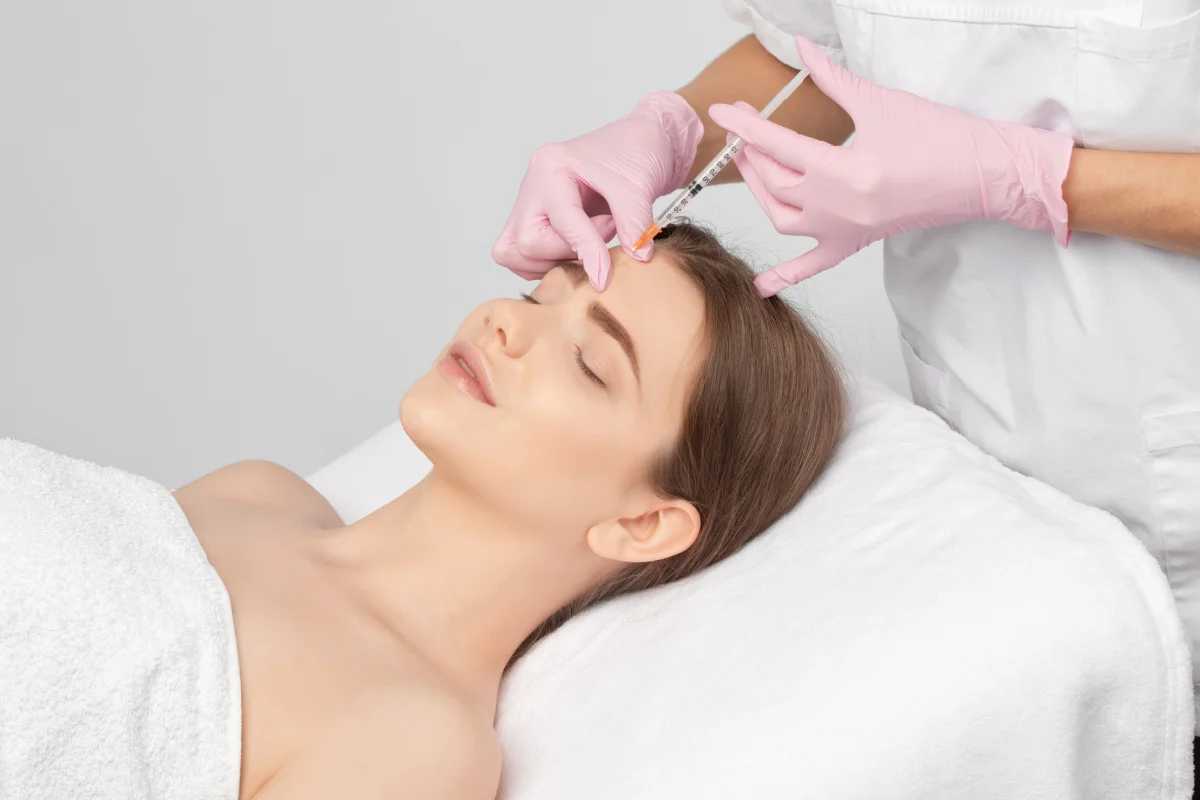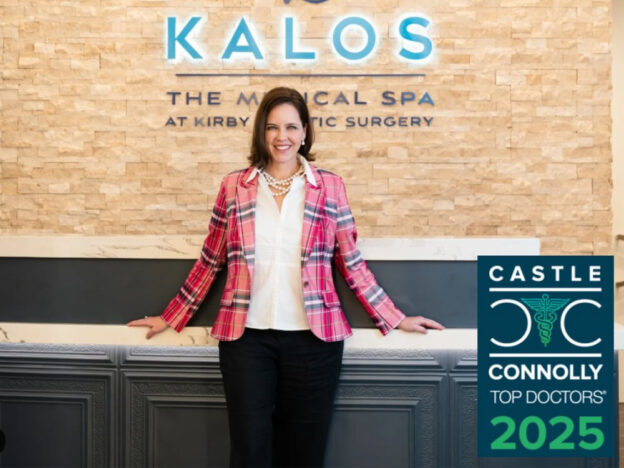Not All Neurotoxins Are Created Equal, Says Fort Worth Plastic Surgeon
Dr. Emily J. Kirby reveals why she prefers Botox Cosmetic and urges patients to consult with experienced provider before choosing any injectable neurotoxin
Fort Worth, TX, Aug 16, 2016—After years as the sole injectable neurotoxin on the U.S. market, BOTOX® Cosmetic now has company. Two more injectable neurotoxins, Dysport® and Xeomin®, have gained FDA approval—and market share—in recent years, leading many patients to feel confused about which may be the best neurotoxin for their needs, according to Dr. Emily J. Kirby.
“Like BOTOX, Dysport and Xeomin are both indicated for the treatment of signs of aging in the upper face, such as brow lines and crow’s feet—and this similarity has understandably led many patients to believe the products are interchangeable,” states Dr. Kirby. “However, each product acts uniquely in the body. Having a history of great results with Botox does not mean the outcome will be the same if a patient switches to another product.”
The Fort Worth board certified plastic surgeon says that despite similarities among neurotoxin options, she prefers Botox Cosmetic, believing that it offers patients safe treatment and more noticeable, predictable results than other products.
What is the difference between BOTOX, Dysport and Xeomin?
All three injectable neurotoxins use botulinum toxin type A as an active ingredient to block nerve impulses. Injection of botulinum toxin type A causes a temporary paralysis in certain facial muscles, preventing them from making habitual contractions that lead to the appearance of glabellar lines, crow’s feet, and other facial wrinkles.
The difference lies in the molecular structure of the botulinum particles in each product. Botox Cosmetic (onabotulinum A) contains comparatively larger particles as well as buffer proteins that help reduce the spread of the toxin. Dysport (abobotulinum A) contains fewer proteins and smaller neurotoxin particles, while Xeomin (incobotulinum A) is stripped of buffer proteins altogether. Smaller particles and the absence of buffer proteins allow the injected material to spread more, which may allow migration into nearby areas, leading to a different effect than intended. It is also thought that the buffer proteins allow the botulinum particles to last longer before being metabolized by the body, which means longer protection against returning wrinkles.
Dr. Kirby explains that such seemingly minor differences in formula have a significant influence on the dosage needed to achieve the desired result as well as the extent of strain reduction, or the degree to which muscle contractions—and wrinkles—are reduced after treatment. In other words, Botox vs. Dysport is not just a matter of price; the drugs behave differently.
For Dr. Kirby, Botox has specific advantages:
- BOTOX’s larger particle size affords a provider greater control over treatment (larger particles are less likely to spread beyond the targeted treatment area).
- Botox is shown to achieve consistently greater strain reduction following treatment.
- Fewer units of Botox are required to achieve optimal strain reduction compared to other products.
“While Dysport and Xeomin are often touted as lower-priced equivalents to BOTOX, the difference in the amount of product needed to achieve comparable results means that the cost of treatment ends up being about the same for most patients.” She adds that given its predictable results and longer history of safe, FDA approved use in the U.S., she believes Botox remains a superior option for her patients.
Provider skill and experience are key to safe, natural results with neurotoxins
Dr. Kirby stresses that regardless of which neurotoxin a patient chooses to address facial wrinkles, he or she should choose a provider with training and experience using the specific product being administered.
“A provider must have the skill to account for how the variations in each product’s formula might affect a patient’s anatomy. Just because a provider is known for creating beautiful results with one product does not necessarily mean she will be qualified to provide safe injections or a satisfactory outcome with another,” Dr. Kirby explains. She recommends that patients consult with a board certified plastic surgeon or licensed injector working under physician supervision who has extensive injection experience.
About Kirby Plastic Surgery: Dr. Emily J. Kirby is a board certified plastic surgeon specializing in aesthetic and reconstructive procedures as well as non-surgical treatments. For more information, visit kirbyplasticsurgery.com or read some of Dr. Emily Kirby’s reviews.
Media Contact: Randol Kirby, (817) 292-4200



